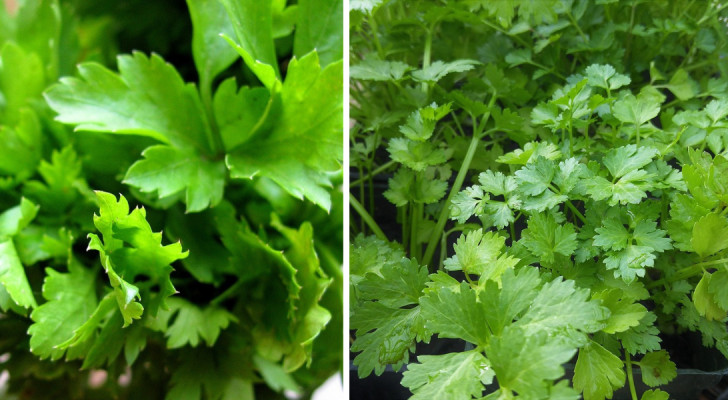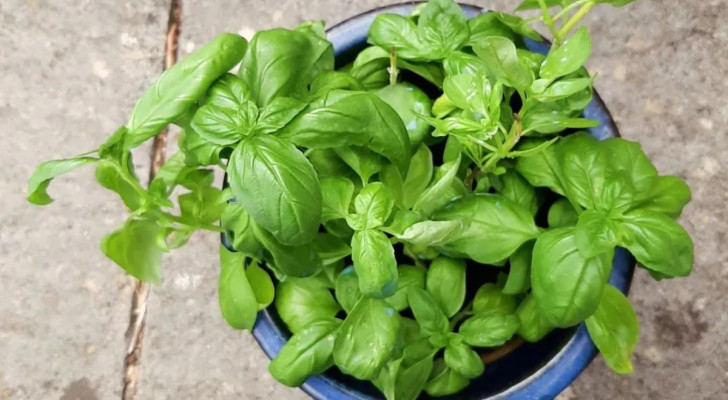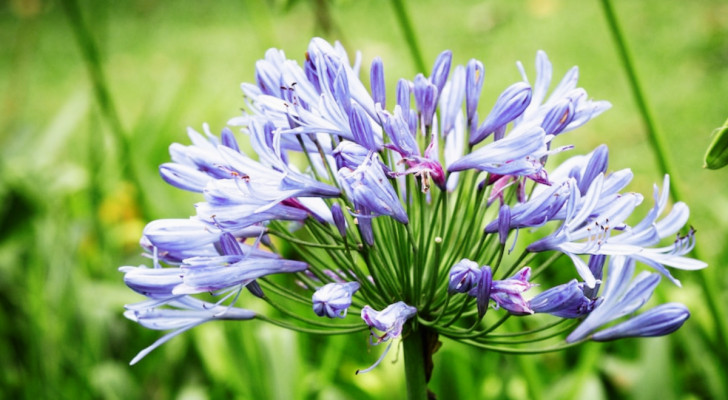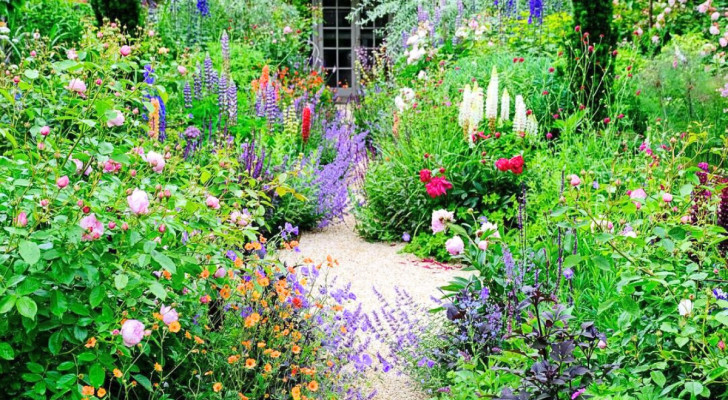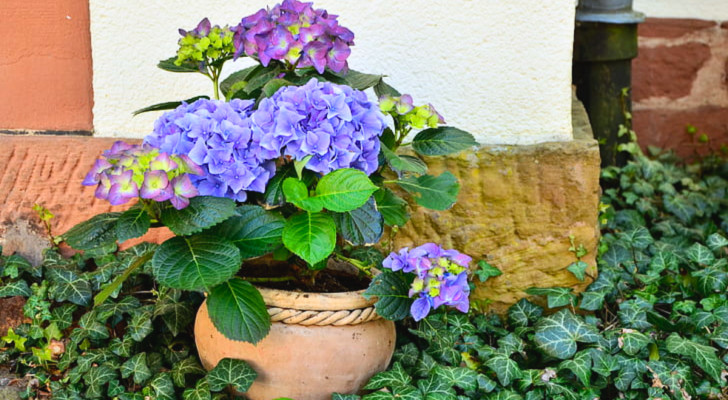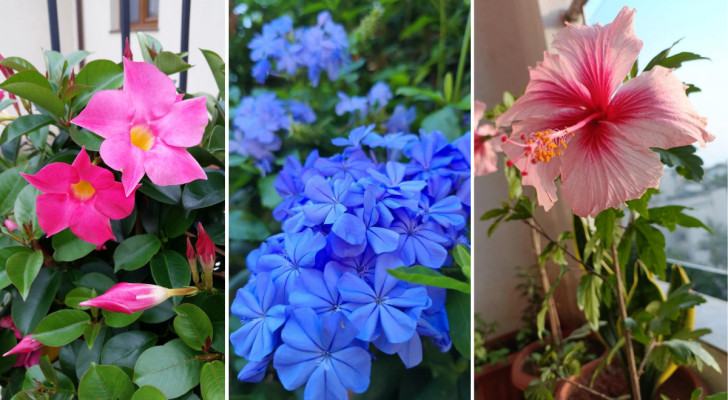Are snails and slugs always the nemeses of our gardens? Here's when and how these creatures can be useful
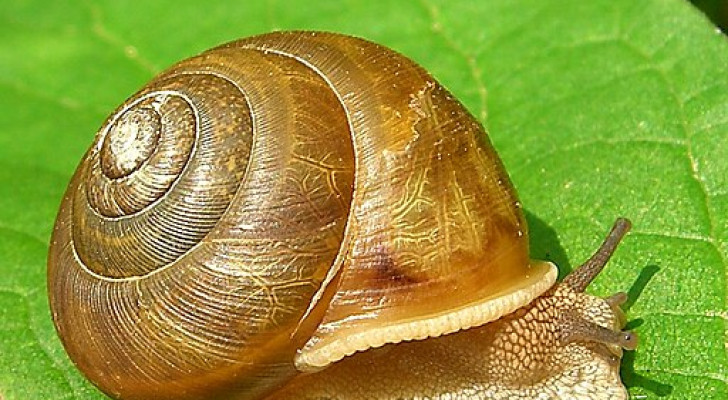
Snails and slugs are commonly found in gardens and are often considered harmful for the plants and need to be eradicated as soon as possible. But are you sure that these creatures are always harmful?
Not all snail species are the same and diets also vary between different species, making some species essentially harmless. Indeed, some snails and slugs can be beneficial for a garden!
So, in what "roles" can snails prove to be useful for your garden? Well, read on to find out more:
When snails and slugs can be useful for your garden
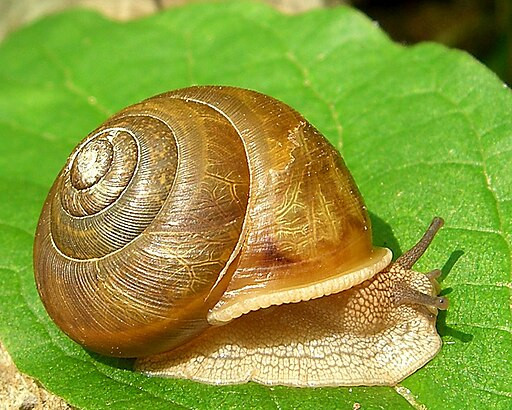
Jason Hollinger/Wikimedia Commons
Most of the time, snails and slugs are treated as "enemy number one" for our plants.
In reality, only a few species of snails and slugs feed on living leaves: the majority prefer to feed on decaying organic matter and even the remains of other creatures. For this reason, they can prove extremely useful for our gardens: these snails and slugs help along the decomposition process, improving the quality of the soil.
Additionally, the presence of snails and slugs can also prove very useful for attracting birds, toads, frogs and hedgehogs. The predators, in turn, help to contain infestations of many (other) potentially harmful parasites.
It should be remembered that snails and slugs only feed on certain living plants and, for this reason, it is preferable to learn to coexist with these useful creatures (and using non-fatal methods to protect vulnerable plants).
How to protect plants from snails and slugs
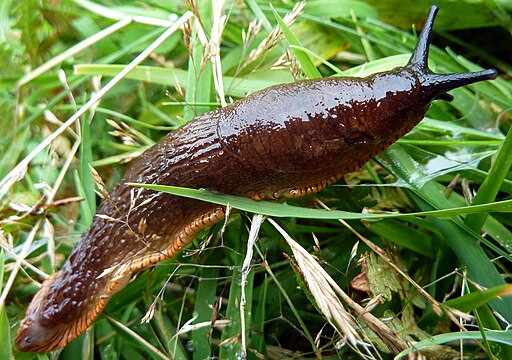
So how can you protect your most vulnerable plants from snails and slugs without using a pesticide? The simplest method is to surround vulnerable plants with physical or biological barriers, which will keep snails and slugs away from them:
- copper rings of at least 8cm high can be placed over vulnerable plants and will create a perfect physical barrier against snails and slugs; this solution is particularly useful for protecting potted plants;
- other physical barriers can be made of fresh ash, fine sand, gravel and shell fragments - all of which snails and slugs will avoid tranversing;
- woolen threads placed around the plants can also be useful for keeping snails and slugs away, as they will "absorb" the slime that these creatures produce (ie. the wool has a desiccating effect);
- finally, introducing predatory snail species (like the Rosy Wolf Snail [Euglandina Rosea]) will not only help you get rid of this annoying problem in an eco-friendly way, but will also promote biodiversity in your garden.
Thanks to these methods, co-existing with snails and slugs will have only beneficial results.
